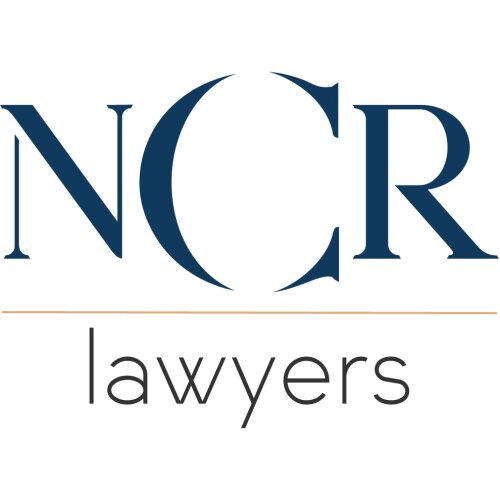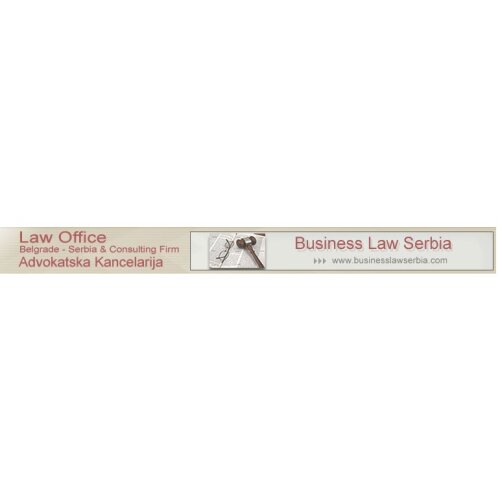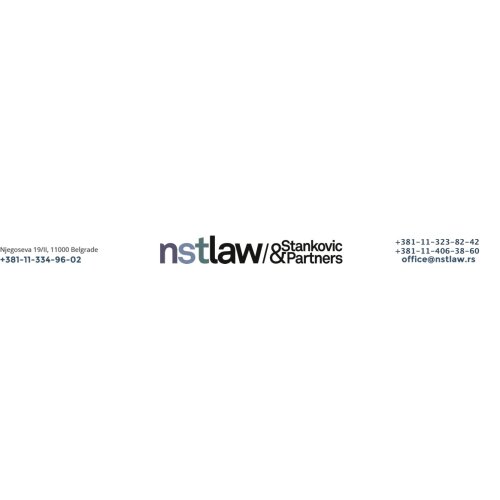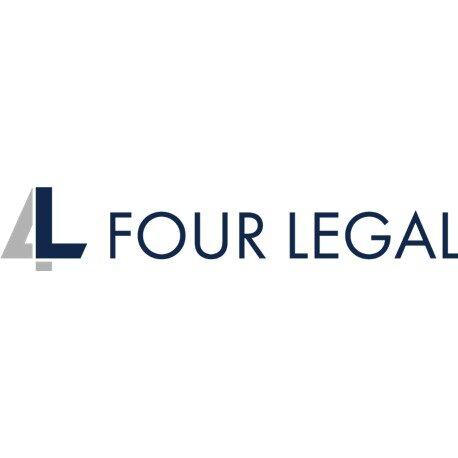Best Corporate & Commercial Lawyers in Serbia
Share your needs with us, get contacted by law firms.
Free. Takes 2 min.
Or refine your search by selecting a city:
List of the best lawyers in Serbia
Legal guides written by Business Law office - Advokatska Kancelarija:
- Why Invest In Serbia
About Corporate & Commercial Law in Serbia
Corporate and commercial law in Serbia is a broad field that regulates the formation, operation, and dissolution of businesses, as well as commercial transactions, contracts, and compliance with relevant laws. This area of law supports both local and foreign businesses operating in Serbia, ensuring that business activities are conducted in accordance with Serbian regulations. Key considerations include company formation, mergers and acquisitions, corporate governance, contractual relationships, and dispute resolution.
Why You May Need a Lawyer
Engaging a lawyer with expertise in corporate and commercial law is crucial in various situations, such as:
- Establishing a new company or branch in Serbia
- Drafting and reviewing commercial contracts
- Navigating mergers, acquisitions, or company restructuring
- Ensuring compliance with Serbian corporate regulations
- Handling employment law matters within the corporate structure
- Protecting intellectual property and trade secrets
- Managing shareholder agreements and disputes
- Representing the company in court or in arbitration proceedings
- Advising on taxation matters related to business operations
- Liquidation or dissolution of a company
Having a qualified legal advisor helps prevent costly mistakes, ensures compliance, and protects your business interests.
Local Laws Overview
Serbia's legal framework for corporate and commercial matters is shaped by several key laws and regulations:
- Companies Act - Governs establishment, operation, and dissolution of companies including limited liability companies (DOO) and joint-stock companies (AD)
- Law on Contracts and Torts - Sets general rules for commercial contracts, liability, and obligations
- Law on Foreign Investments - Regulates the rights and obligations of foreign investors in Serbia, providing a stable environment for cross-border business
- Competition Law - Deals with antitrust regulations and merger control to prevent monopolistic practices
- Labor Law - Addresses employment conditions, contracts, and workplace rights for employers and employees
- Bankruptcy Law - Sets procedures for insolvency and liquidation of businesses
- Intellectual Property Laws - Protect trademarks, patents, industrial designs, and copyrights for businesses
Corporate governance, registration procedures, and commercial transactions may involve additional sector-specific laws. Serbia also harmonizes some aspects of its rules with European Union standards, which is important for businesses trading internationally.
Frequently Asked Questions
What is the most common type of company in Serbia?
The most common business entity is the limited liability company (DOO), which offers flexibility, limited liability for shareholders, and straightforward setup and management procedures.
Can foreign nationals own businesses in Serbia?
Yes, foreign individuals and legal entities can fully own Serbian companies and have the same rights as domestic owners, subject to certain restrictions in sensitive sectors.
How long does it take to establish a company?
On average, company registration in Serbia takes 3 to 5 working days if all documents are in order and submitted to the Business Registers Agency.
Is a physical office address required for company registration?
Yes, a registered local address in Serbia is compulsory for all businesses at the time of company registration.
What are the main corporate tax rates?
The standard corporate income tax rate in Serbia is 15 percent. There may be additional taxes or incentives depending on business activity and location.
Are annual financial statements mandatory?
Yes, all companies must prepare and submit annual financial statements to the relevant authorities, regardless of their size.
Do I need a lawyer to draft commercial contracts?
While not legally required, it is strongly recommended to consult with a lawyer to ensure contracts are valid, clear, and enforceable under Serbian law.
What are the main compliance requirements for Serbian companies?
Businesses must comply with registration, tax filing, employment laws, reporting, and data protection regulations, among others. Non-compliance may lead to penalties or business suspension.
How are disputes resolved in corporate and commercial matters?
Disputes can be resolved through negotiation, mediation, arbitration, or litigation in Serbian courts, depending on the agreement between the parties and the nature of the dispute.
What happens if a company becomes insolvent?
If a company is unable to pay its debts, insolvency or bankruptcy proceedings may be initiated under Serbian Bankruptcy Law, leading to restructuring or liquidation of the company’s assets.
Additional Resources
For further information and assistance, consider these key resources:
- Serbian Business Registers Agency (APR) - Handles company registration and filings
- Chamber of Commerce and Industry of Serbia - Offers support for both domestic and foreign businesses
- Ministry of Economy - Oversees business and economic policy and legislative information
- Commission for Protection of Competition - Regulates market competition and merger control
- Intellectual Property Office of the Republic of Serbia - Handles registration of trademarks, patents, and designs
- Customs Administration - Information for importers, exporters, and trade regulations
- Local law firms and legal aid organizations specializing in corporate and commercial law
Next Steps
If you require legal advice or assistance with corporate and commercial matters in Serbia, consider the following steps:
- Define your goals and the specific legal issue or service needed
- Gather relevant documents, such as company statutes, contracts, or correspondence
- Research and choose a qualified Serbian lawyer or law firm experienced in corporate and commercial law
- Arrange an initial consultation to discuss your case and understand your options
- Follow the legal advice provided and ensure timely compliance with all filings and procedures
- Stay informed about regulatory changes that may affect your business
Professional legal guidance will help safeguard your business interests and ensure successful operation in Serbia’s dynamic corporate environment.
Lawzana helps you find the best lawyers and law firms in Serbia through a curated and pre-screened list of qualified legal professionals. Our platform offers rankings and detailed profiles of attorneys and law firms, allowing you to compare based on practice areas, including Corporate & Commercial, experience, and client feedback.
Each profile includes a description of the firm's areas of practice, client reviews, team members and partners, year of establishment, spoken languages, office locations, contact information, social media presence, and any published articles or resources. Most firms on our platform speak English and are experienced in both local and international legal matters.
Get a quote from top-rated law firms in Serbia — quickly, securely, and without unnecessary hassle.
Disclaimer:
The information provided on this page is for general informational purposes only and does not constitute legal advice. While we strive to ensure the accuracy and relevance of the content, legal information may change over time, and interpretations of the law can vary. You should always consult with a qualified legal professional for advice specific to your situation.
We disclaim all liability for actions taken or not taken based on the content of this page. If you believe any information is incorrect or outdated, please contact us, and we will review and update it where appropriate.
Browse corporate & commercial law firms by service in Serbia
Serbia Attorneys in related practice areas.
Browse corporate & commercial law firms by city in Serbia
Refine your search by selecting a city.

















